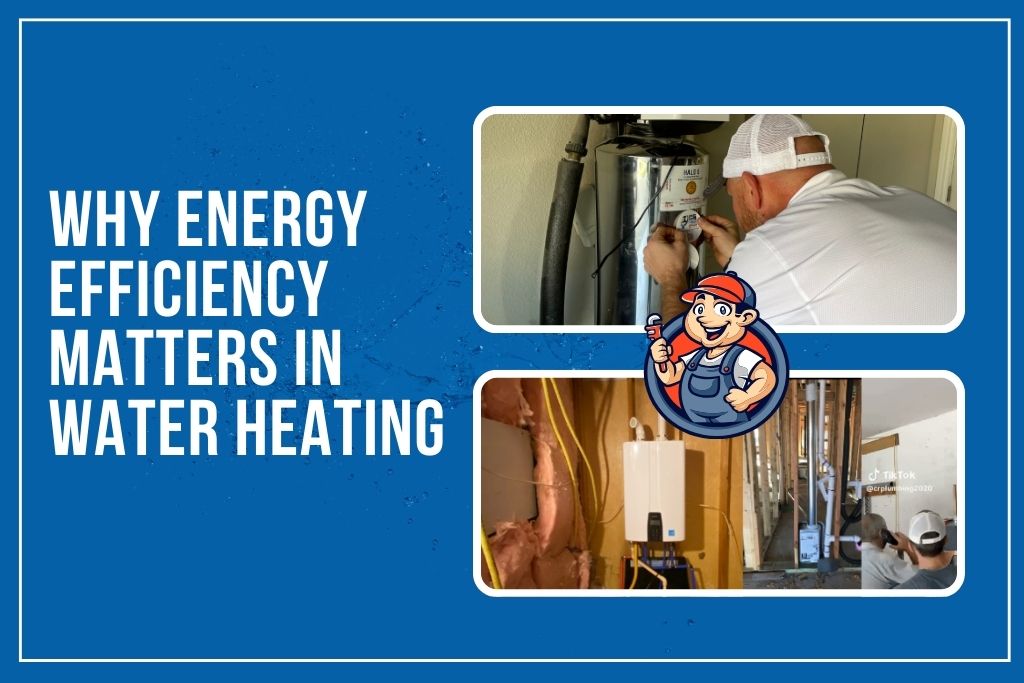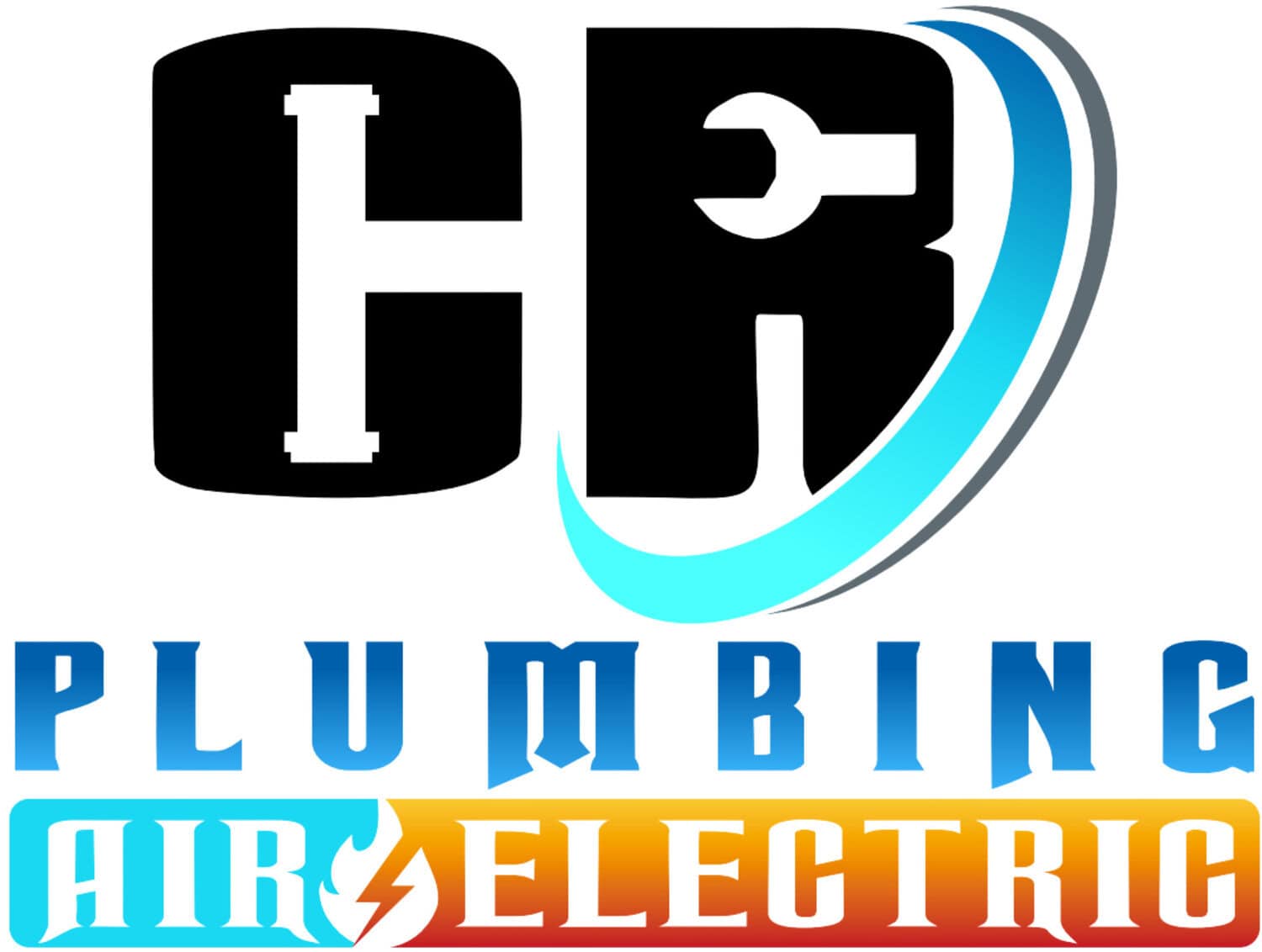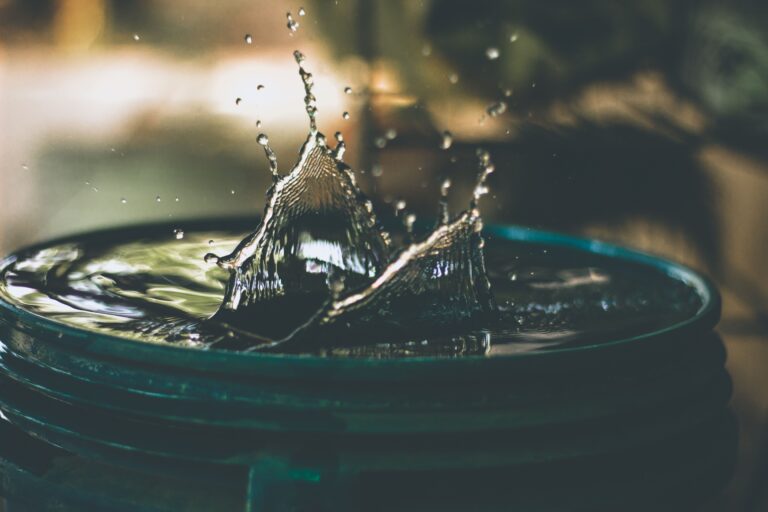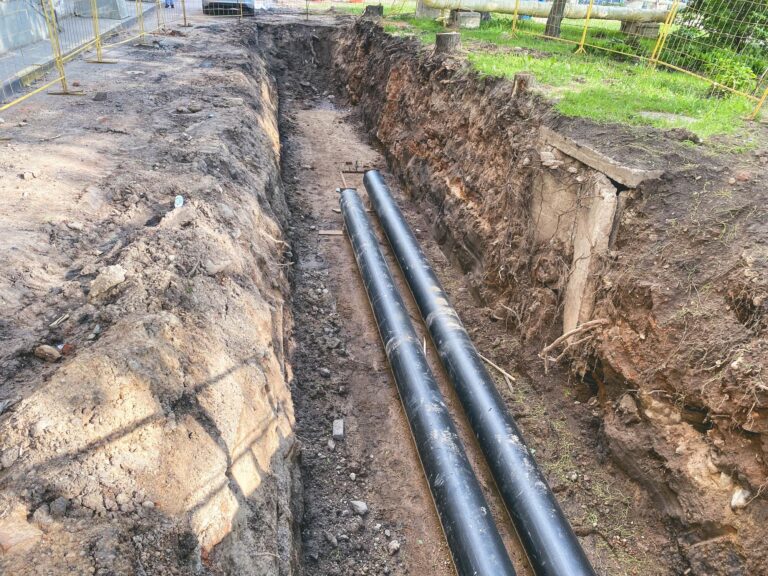Top Energy-Efficient Water Heating Solutions for Modern Homes
As energy costs continue to rise and homeowners become more environmentally conscious, the demand for energy-efficient water heating solutions has never been greater. Choosing the right water heater not only lowers utility bills but also minimizes a household’s carbon footprint. From tankless systems to high-efficiency models, today’s market offers several smart and sustainable water heating options.
This guide explores the top energy-efficient water heaters for modern homes, compares different technologies, and offers insights on selecting the best fit based on household needs and long-term performance.
Why Energy Efficiency Matters in Water Heating?

Water heating accounts for approximately 18% of a home’s energy use, making it the second-largest energy expense after heating and cooling. Traditional water heaters may be inexpensive upfront but often consume more energy over time. In contrast, high-efficiency units reduce energy consumption, which translates to long-term cost savings and reduced environmental impact.
Energy-efficient water heaters not only meet modern energy standards but also help qualify for rebates and tax incentives, further boosting their value.
Types of Energy-Efficient Water Heaters
A. Tankless Water Heaters
Tankless water heaters, also known as on-demand systems, heat water only when needed. Unlike conventional storage tank models, they do not store hot water continuously, which significantly cuts down on energy waste. These units can be fueled by either gas or electricity and are ideal for households looking to conserve energy and space.
Tankless water heaters feature a compact design that allows for flexible installation, making them a popular choice among homeowners renovating smaller bathrooms or utility rooms. For more detailed insights, visit our dedicated page on tankless water heaters.
B. High-Efficiency Storage Tank Water Heaters

These advanced versions of traditional tank heaters feature better insulation, improved heat traps, and more efficient burners or heating elements. High-efficiency water heaters may include features like electric heat pump technology or condensing gas systems that recycle heat from exhaust gases.
Though they appear similar to standard units, their performance and energy savings far exceed older models.
C. Solar Water Heating Systems
For those seeking maximum sustainability, solar water heaters offer an eco-friendly water heating system. These setups use solar panels to harness energy from the sun and convert it into heat for water. Although the upfront cost is higher, solar water heating systems provide excellent long-term returns through energy savings and reduced greenhouse gas emissions.
D. Heat Pump Water Heaters (Hybrid Systems)
Heat pump or hybrid water heaters pull heat from the surrounding air and transfer it to the water. These are ideal for warm climates and are up to three times more efficient than conventional electric water heaters. Hybrid models also often feature programmable settings for maximum efficiency during low-demand periods.
Choosing the Best Water Heaters for Home Use
Selecting the right water heater depends on a variety of factors including household size, water usage patterns, available energy sources, and installation space.
Key considerations include:
a. Energy Efficiency Rating: Look for ENERGY STAR certified units with a high Energy Factor (EF) or Uniform Energy Factor (UEF) rating.
b. Recovery Rate: This measures how quickly the unit can reheat water after use. Families with higher water demands should prioritize systems with higher recovery rates.
c. Space Requirements: Tankless and hybrid models often have unique installation needs. Always consider available space before making a purchase.
d. Maintenance Needs: Some systems require periodic flushing or filter replacements. Choose a unit that aligns with your willingness or ability to perform regular maintenance.
For homeowners seeking a reliable upgrade, professional water heater installation services ensure a smooth transition from outdated models to modern, energy-efficient units.
Benefits of Energy-Efficient Water Heaters
Switching to an energy-efficient water heater provides a wide range of advantages beyond just lower energy bills.
a. Lower Operating Costs: Reduced energy use leads to significantly lower utility bills, especially over the lifespan of the unit.
b. Environmental Impact: Eco-friendly models contribute to reduced greenhouse gas emissions and conserve natural resources.
c. Increased Home Value: Energy-efficient appliances are a strong selling point in today’s real estate market, adding value to your home.
d. Extended Lifespan: Many high-efficiency models have longer service lives due to improved construction and performance features.
When to Consider Water Heater Replacement?
Recognizing the signs of an aging or inefficient water heater is critical. Common symptoms include:
- Water taking too long to heat
- Frequent repairs or leaks
- Rising utility bills
- Strange noises from the tank
If a water heater is more than 10–12 years old, it may be time for a water heater replacement. Modern models not only perform better but also ensure greater safety and compliance with current energy codes.
Finding Water Heater Installation Near Me
Searching for water heater installation near me can yield a variety of service providers, but it’s essential to choose a licensed and experienced plumbing contractor who understands the intricacies of various water heating systems.
Professional installers:
a. Ensure code compliance
b. Handle permits and warranties
c. Provide expert advice tailored to your household’s needs
d. Offer ongoing maintenance support
Whether upgrading to tankless units or replacing an outdated model, a qualified technician can help determine the most efficient and cost-effective solution.
Don’t Ignore the Importance of Timely Repairs
Sometimes, a complete replacement isn’t necessary. Prompt repairs can extend a unit’s lifespan and prevent small issues from becoming major problems. If you’re experiencing inconsistent temperatures, low pressure, or water discoloration, a professional inspection is crucial.
Local residents can explore fast and reliable water heater repair near me to restore optimal performance without delay.
Maintenance Tips for Long-Term Efficiency
Regular maintenance is key to maximizing the lifespan and efficiency of your water heating system.
Here are a few practical tips:
a. Flush the Tank Annually: Prevents sediment buildup that reduces efficiency.
b. Check the Anode Rod: Replacing this rod when needed can prevent tank corrosion.
c. Inspect Temperature Settings: Keeping the thermostat set to 120°F conserves energy and prevents scalding.
d. Schedule Routine Inspections: Annual checkups by a licensed technician catch small issues before they escalate.
These habits help homeowners maintain their systems in peak condition while reducing the likelihood of emergency repairs.
Invest in the Right Water Heating Solution!
Modern homes demand smarter, more sustainable appliances. Investing in energy-efficient water heating solutions not only delivers financial savings but also contributes to a greener future. From tankless to hybrid systems, homeowners have more choices than ever before.
By understanding the options, comparing efficiency ratings, and working with trusted professionals, choosing the best water heaters for your home becomes a decision rooted in long-term value and performance.
Experiencing water heating issues?
Schedule a repair with a trusted provider and keep your system running smoothly.
Frequently Asked Questions:
Q1. What is the most energy-efficient type of water heater for residential use?
Ans: Tankless water heaters and heat pump (hybrid) water heaters are considered among the most energy-efficient options for homes. Tankless systems heat water on demand, reducing standby energy loss, while hybrid models use ambient air to heat water, using up to 60% less energy than standard electric models.
Q2. How do I know when it’s time to replace my water heater?
Ans: Signs that indicates the need for a water heater replacement include inconsistent water temperature, rising energy bills, rusty or discolored water, strange noises from the tank, and a unit that is over 10 years old. An inspection by a licensed plumber can help determine if a repair or full replacement is the best option.
Q3. Can energy-efficient water heaters qualify for rebates or tax credits?
Ans: Yes, many energy-efficient water heaters, especially those with ENERGY STAR certification, may qualify for utility rebates or federal tax incentives. Homeowners should check with local utility companies or consult a professional plumber to explore available savings opportunities.








